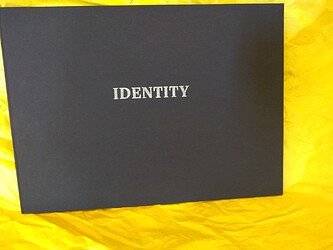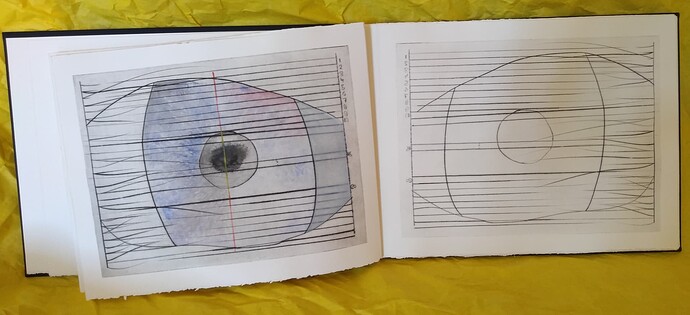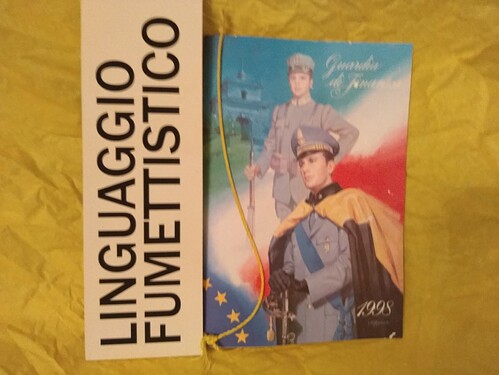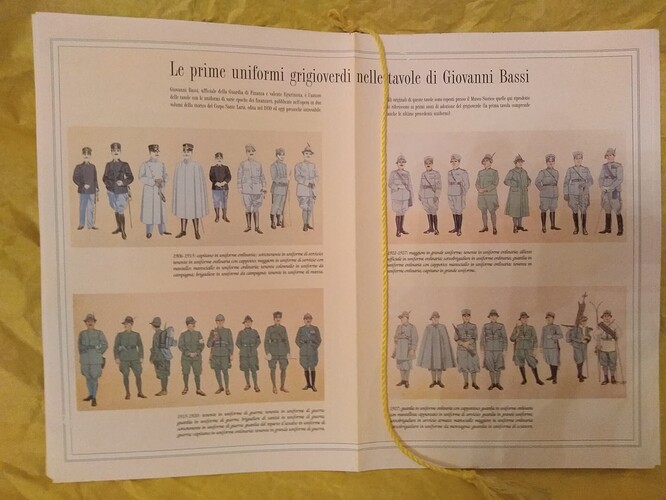I never graduated from high school, being a young idiot! But was drafted into the US Army, ending up with eight years of military computer and programming experience - which did not matter at all to non-military based companies.
At great hardship and expense, doing four+ years at Dartmouth - not learning all that much more than I already knew (back then, the academic viewpoint of establishing a career in computer science was being an educator - heavily opposed to working in the ‘commercial’ workforce).
But was in the early 70’s - I was unusual, being ten years older than most students; with my wife, kids, and responsibilities - did not enjoy the college experience at all. Dartmouth did not even allow women on campus! Instead had a ‘sister’ college - Colby - which is trying to ‘re-brand’ itself today.
Guess am kind of bitter now - being part of that, I only did it to get that all important tag on my resume as an ivy league ‘Dartmouth’ graduate - to get an interview with the big players in the computer industry at the time. - Is kinda like owning the latest and greatest cell phone. Seems compliant, weak, and silly now.
Later, the internet gave me the resources to expand my knowledge. That knowledge gave me a good living, and like to think I somewhat advanced technology as we see it today - the good, bad and ugly. Was not from my education - but from my desire to learn.
Regardless of your education, medals, awards, achievements and even your current cell phone; doesn’t matter. Is the desire to learn. The most brilliant software developer I have ever met has no interest. A passion for Zoology of all things. Go figure.

 )
)



